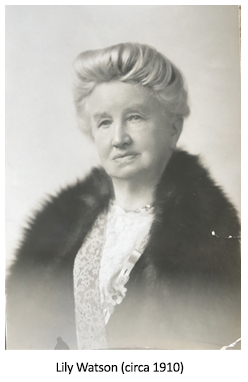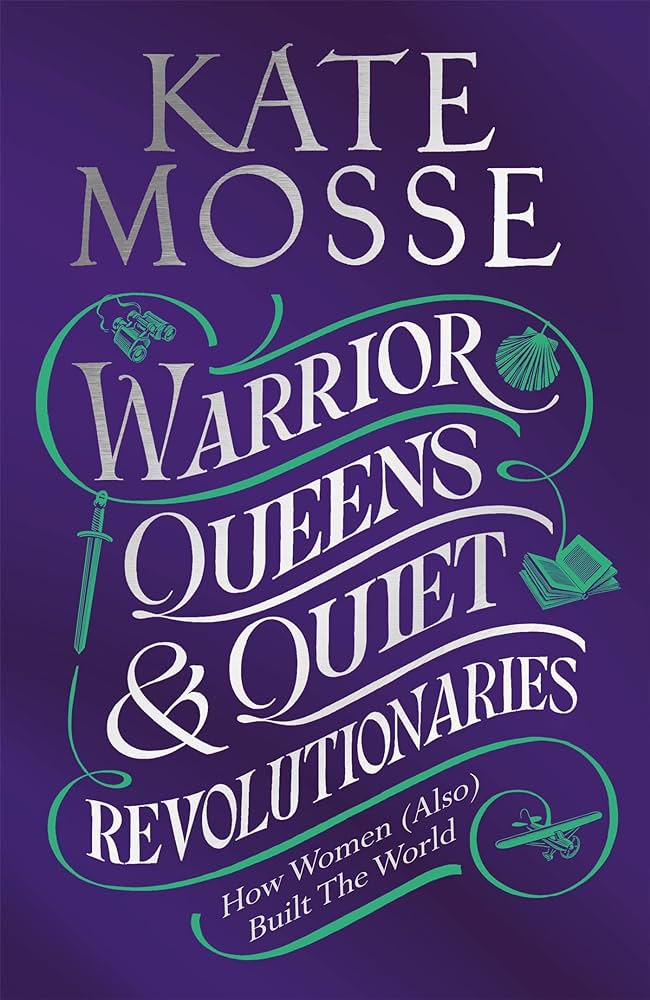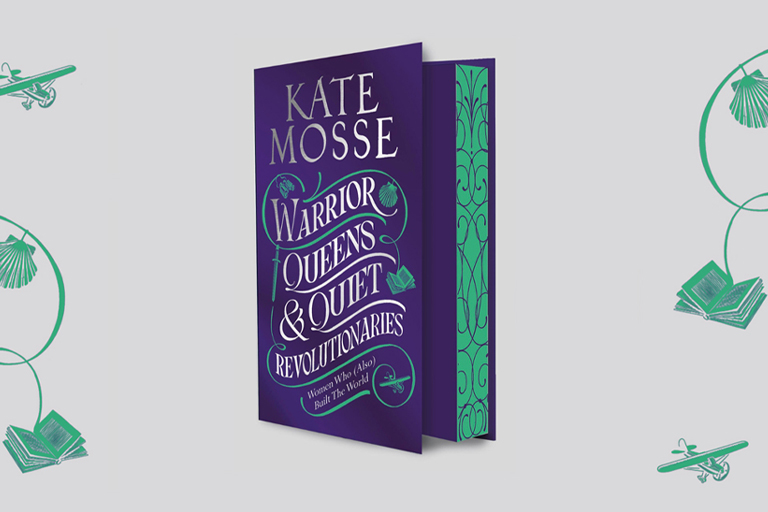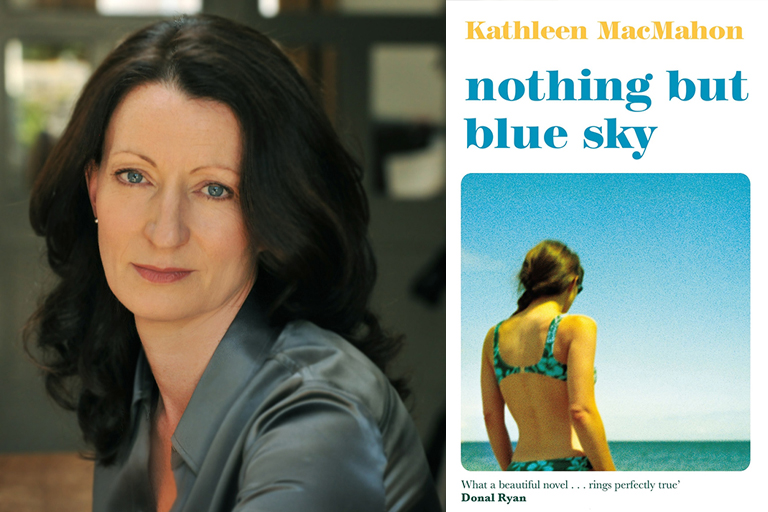Words by Kate Mosse
Virginia Woolf famously wrote: ‘I would venture to guess that Anon, who wrote so many poems without signing them, was often a woman.’ But did you know that the first named author in the history of the world was a woman? Enheduanna, who lived in the 23rd century BCE in the Sumerian city state of Ur, southern Mesopotamia (modern-day Iraq), wrote forty-two temple hymns, three long poems to Inanna and three poems to the moon god. An alabaster carved disc found during the excavations at Ur between 1922 and 1934 confirms Enheduanna’s importance, as does the later discovery of a handful of Babylonian clay tiles with words attributed to her. Incidentally, the excavations in Ur were led by Leonard and Katharine Woolley, who is thought to have been the inspiration for Louise Leidner in Murder in Mesopotamia by Agatha Christie, the world’s biggest selling author with some 6 billion copies sold worldwide…
Two extraordinary women, separated by time and space and traditions, both of whom made history.
Yet, even though common sense (and the evidence) tells us women and men built the world together, women’s achievements have been routinely overlooked, ignored, misattributed, neglected, underheard and dismissed. There are many reasons for this – and Warrior Queens & Quiet Revolutionaries is, in part, an investigation into what makes history, and who makes it – but some of women’s absence from the official record can be put down to the fact that women have not always been free to express their truths and realities.
If women cannot write, or are not allowed to write, or are dependent on someone else speaking on their behalf, then many of our experiences will be lost. It’s why women and girls, supported by their male friends, husbands, sons and brothers, are marching in Afghanistan, ten years after Malala Yousafzai was shot by the Taliban in Pakistan for the ‘crime’ of going to school. And it’s why the opening – and longest – chapter in Warrior Queens & Quiet Revolutionaries is devoted to writers, to those incredible poets and playwrights, novelists, biographers, historians and dreamers whose voices sing to us down the generations.

Lily Watson
The book is a labour of love, which was also inspired by my own lost family history. My great-grandmother, Lily Watson, was a celebrated and highly-successful novelist in her day, but yet she, like so many women, has utterly disappeared from public record. The author of poetry, journalism, religious tracts and fourteen novels, all of which are out of print, Lily doesn’t appear in any online encyclopaedias or dictionaries. It’s as if she never existed.
Then, a moment of incredible fortune for any researcher, my cousin stumbled upon an old deed box filled with nearly 500 hundred letters between Lily and her husband Sam, and asked if I might like to see them. Reader, I fell upon them and turned detective, spending the autumn and winter of 2021 walking in my great-grandmother’s footsteps. What I discovered was not only that I was linked to my great-grandmother through writing and a love of history, but also that there was a family tragedy lurking in the shadows I knew nothing about. This, as much as the stories of kings and queens, is what history is about.
Women have always written, have always shared their stories, even if society refuses to allow them to publish their work. Within the pages, you’ll meet the 4th century travel writer, Egeria, who wrote the first account of a pilgrimage to the Holy Land in 381 CE; the iconic 10th century poet of the Afghan court, Rabia Balkhi; the 13th century Japanese author, Murasaki Shikibu, who wrote the world’s first novel; the 14th century French author, Christine de Pizan, who was perhaps the first woman in all of France (maybe even Europe) to earn her living solely by writing and teaching; Phillis Wheatley, the first African-American woman to be published and the first African-American poet; 19th century Jewish-Italian writer Rachel Luzzatto Morpurgo, the first woman to publish poetry in Hebrew for over two thousand years; Selma Lagerlöf, the first woman to win a Nobel Prize in Literature in 1909; the Chinese writer Ding Ling, who suffered years of persecution under the Communist regime; the inspirational Iranian poet and film-maker Forough Farrokhzad, whose poetry was banned for more than a decade after the Islamic Revolution in 1979; the American trailblazers of the twentieth-century such as Audre Lorde, Toni Morrison, Alice Walker, Adrienne Rich; to those whose words keep us company today (including, of course, one or two winners of the Women’s Prize for Fiction).
Warrior Queens & Quiet Revolutionaries isn’t intended to be read straight through like a novel, but rather dipped into as and when. It’s a book for women to give to their brothers, mothers to their daughter, fathers to their friends. It’s a book for the curious, for those who want more than a partial view of history. Most of all, it’s a celebration: of mothers of invention and women of courage, of explorers and engineers, of lawyers and doctors, of quiet revolutionaries and pirate commanders, of those who ran faster, jumped higher and reached for the stars. And I hope that anyone who buys, borrows, shares the book will recommend their own exceptional woman, whoever she is – using the hashtag #warriorqueens – so that, together, we can write back all the missing women into the record.
History, completed.









